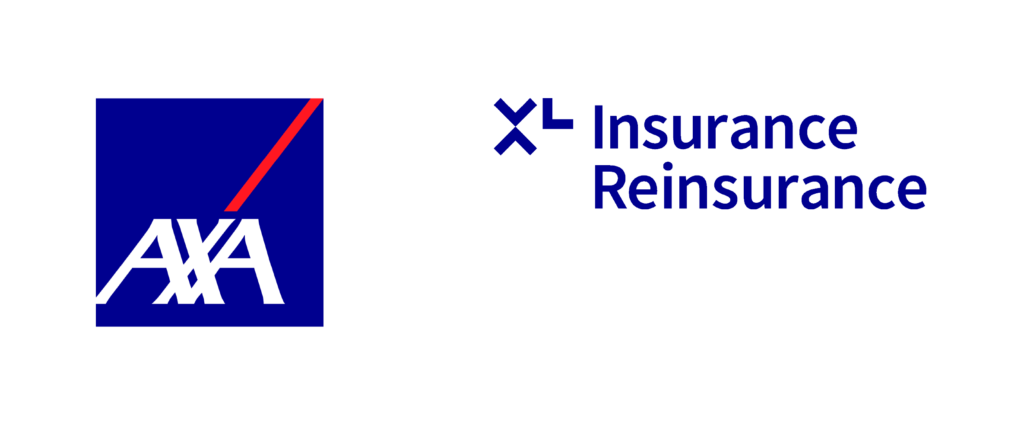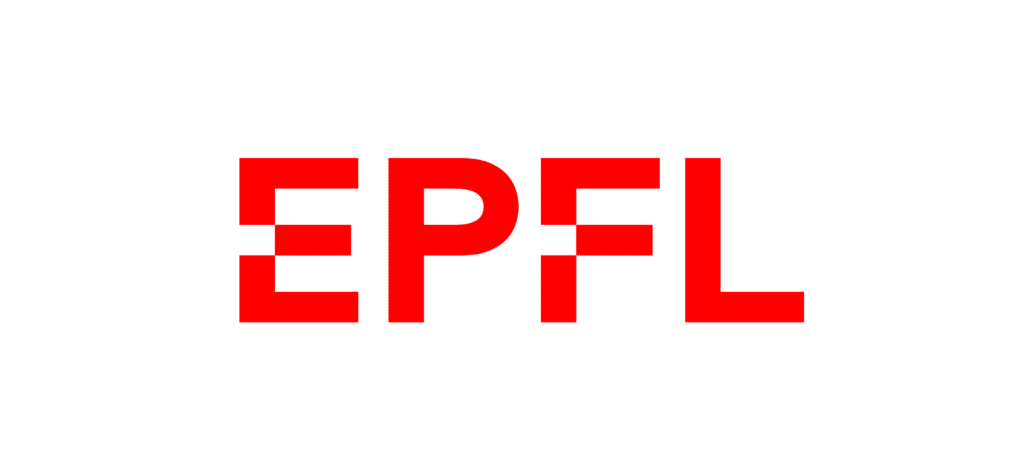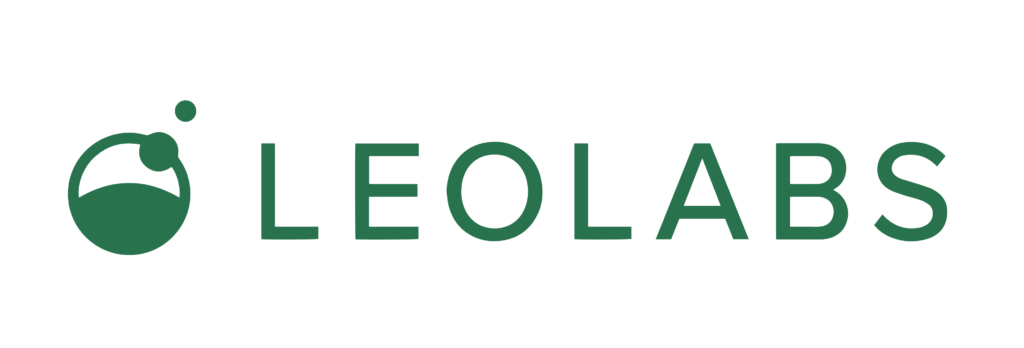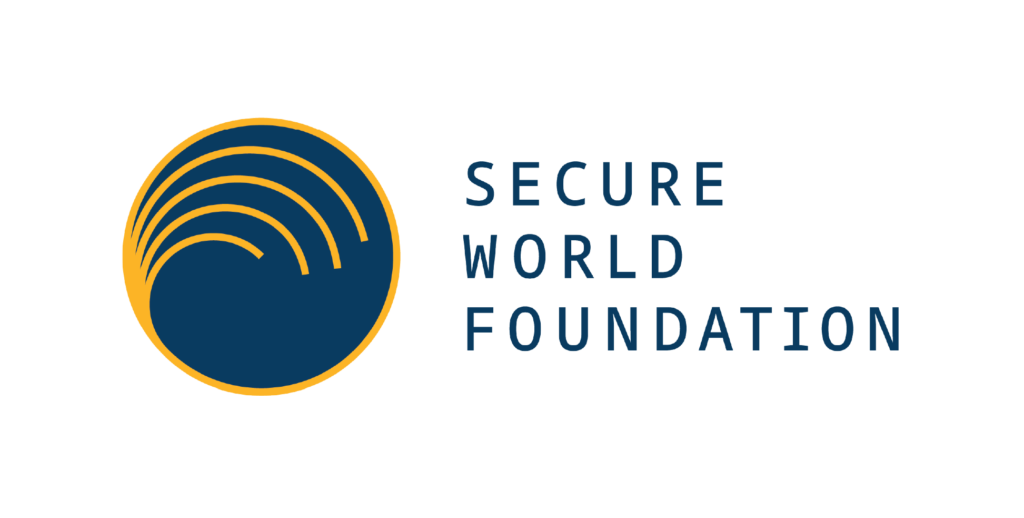Low Earth Orbit Kinetic Space Safety Workshop
To refine our collective understanding of the cost, benefit, and maturity of space safety activities, experts from around the world are gathering in Lausanne, Switzerland on 4-5 May for the LEO Kinetic Space Safety Workshop. They will provide specific solutions and pragmatic actions to enhance low Earth orbit collisional space safety.
Renens, Switzerland – March 22nd, 2022. The accelerating pace of commercial space activity and the increasing frequency of debris-generating events have led to an unprecedented growth of the population of objects in low Earth orbit (LEO).
Organisers Darren McKnight (Senior Technical Fellow, LeoLabs), Tim Maclay (Chief Technology Officer, ClearSpace), Chris Kunstadter (Global Head of Space, AXA XL), Brian Weeden (Director of Program Planning, Secure World Foundation), Emmanuelle David (eSpace Executive Manager, EPFL), and Marie-Valentine Florin (IRGC Executive Director, EPFL) are joining forces to bring together international experts, space practitioners and others to debate specific solutions in a unique format and results-driven approach over the course of two days, 4-5 May 2022, at the SwissTech Convention Center, in Lausanne.
Keynote speakers will detail the current state-of-the-art in spacecraft impact tolerance, collision avoidance, debris prevention, and debris remediation. Interactive roundtable discussions will assess the identified proposals, focusing on their benefit, cost, and maturity.
Participants are invited to complete a survey before the event to feed the workshop discussions.
The workshop is open to all interested stakeholders.
Low Earth Orbit Kinetic Space Safety Workshop (KSSW)
4–5 May 2022
SwissTech Convention Center
Lausanne, Switzerland
www.kineticspacesafety.com
About AXA XL
AXA XL is a leading insurer in the space insurance industry. They develop innovative, specialised products covering all types of spacecrafts and launch vehicles to provide space insurance products internationally, including pre-launch, launch, in-orbit, and liability coverage for spacecraft and launch vehicles.
About ClearSpace
ClearSpace, an EPFL Space Center spin-off, was created in 2018 to respond to the growing concern about space debris with a practical debris removal solution. Bound to revolutionize how space missions are conducted, ClearSpace provides in-orbit services with innovative technologies to capture and deorbit obsolete objects threatening space operations, and builds the roadmap to servicing capabilities in space. It aims to support institutions and commercial operators to accomplish their space sustainability goals and to promote a sustainable space economy. In November 2020, ClearSpace signed a contract worth 86 million euros with ESA to send their first cleaner robot into space in 2025. Today the rapidly growing ClearSpace team is also engaged in the initial phases of two other ambitious in-orbit servicing missions.
www.clearspace.today
About EPFL
EPFL is one of the leading universities working on space sustainability and pursues work involving a diverse range of actors (researchers, industry, policymakers, sustainability experts).
The EPFL Space Center (eSpace) is an interdisciplinary hub promoting space related research and education at EPFL. It works in three key areas of education, fundamental research, and innovative development projects. Since 2019, eSpace has been leading a research initiative on Sustainable Space Logistics.
The EPFL International Risk Governance Center (IRGC) is an interdisciplinary unit dedicated to extending knowledge about the increasingly complex, uncertain and ambiguous risks that affect society, developing risk governance strategies that involve all key stakeholder groups.
There are numerous ongoing projects related to space developed by various units within EPFL, such as:
- “Governing collision risk from space debris” – A Project led by IRGC in collaboration with eSpace and Space Innovation to study the governance of risks related to space debris and assess policy options to ensure the safe and sustainable use of space.
- “Space Sustainability Rating” – This rating system provides space actors with an assessment system to encourage sustainable mission designs and is managed by eSpace.
About LeoLabs
LeoLabs is a space safety company that combines its global network of S-band radars and a cloud-based computational engine to provide responsive and accurate collision avoidance services for space operators in low Earth orbit (LEO).
About Secure World Foundation
Secure World Foundation is a private operating foundation that promotes cooperative solutions for space sustainability and the peaceful uses of outer space. The Foundation acts as a research body, convener and facilitator to promote key space security and other space related topics and to examine their influence on governance and international development
More information
Website
www.kineticspacesafety.com
Registration
https://meeting.artegis.com/event/KSSW_2022
Contact media
E-mail: [email protected]
Phone: + 41 78 211 93 33






